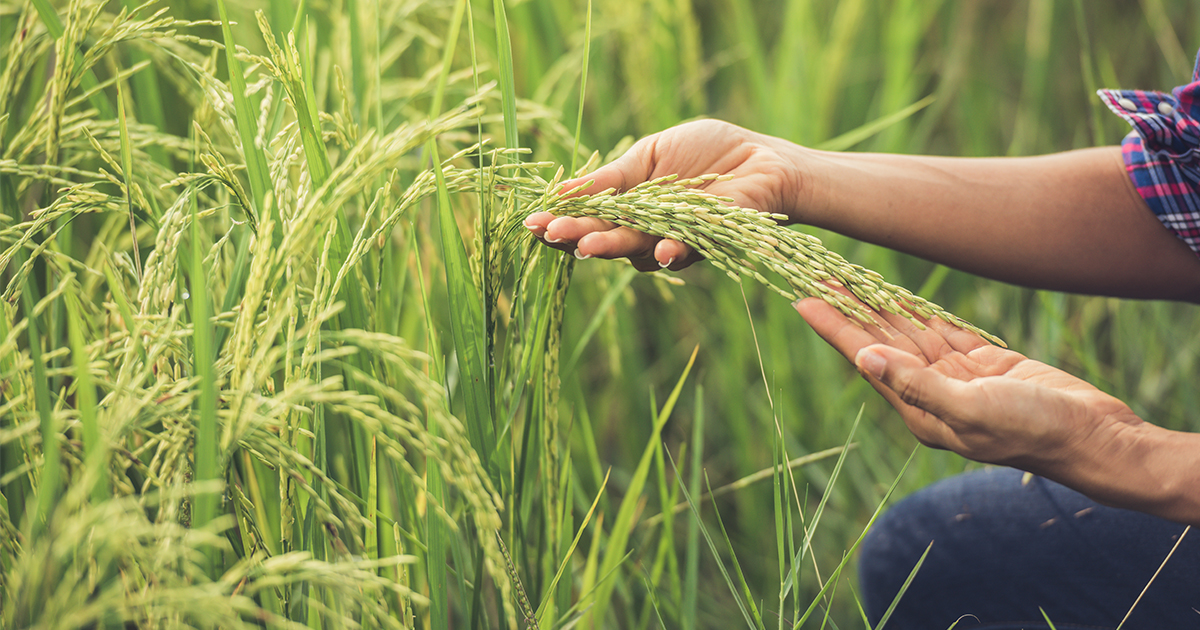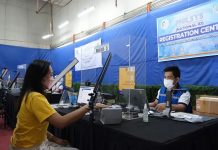
Farmer’s group said that the Rice Competetiveness Enhancement Fund (RCEF) with an annual allocation of P10 billion and the projected tariff collection would mean nothing if there are no more rice lands left after the accelerated conversion of agricultural lands proposed by Department of Agrarian Reform (DAR).
Kilusang Magbubukid ng Pilipinas (KMP) chairperson Danilo Ramos said that the Administrative Order No. 1 series of 2019, issued by DAR, that streamlines the process of land use conversion, and the rice tarrification law, that was signed by President Duterte last February 15, will endanger the livelihood of the Filipino farmers.
“Farmers said free land distribution and breaking up of big private landholdings that are concentrated in the hands of big landowners is imperative to genuinely develop the local rice industry and agriculture,” Ramos said.
The law, signed under Republic Act No 11203 or the “Act liberalizing the importation, exportation, and trading of rice, lifting for the purpose the quantitative import restriction on rice” are measures the government hopes will make the food staple more affordable for Filipinos.
Senator Cynthia Villar, sponsor and principal author of the measure, said in a previous interview that the law will help farmers improve their profitability and competitiveness, as it will complements other government programs to address the needs of the farming sector, including the P7-billion Rice Program under the Department of Agriculture and the P7-billion budget of the National Food Authority that will be used to buy palay from local farmers for purposes of buffer stocking.
However, the progressive leader said that free land distribution and breaking up of big private landholdings that are concentrated in the hands of big landowners is imperative to genuinely develop the local rice industry and agriculture.
“Farmers demand free land distribution and not land use conversion. We demand the genuine development of the domestic rice industry and not mere safeguards or safety nets to cushion the impact of imported rice deluge,” Ramos said.
According to KMP, there are an estimated 31 million Filipino farmers, farm workers and farming families in the P360-billion local rice industry.






